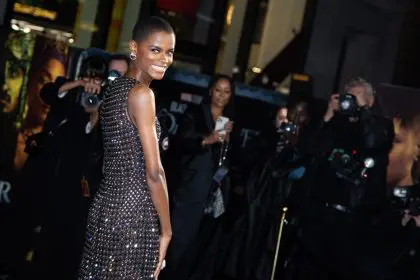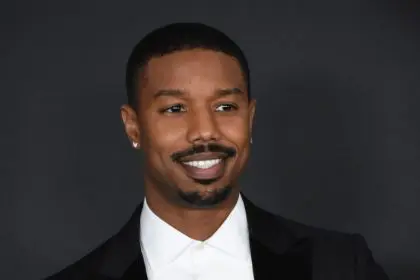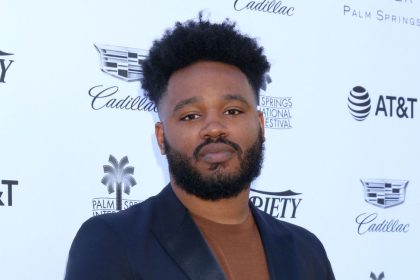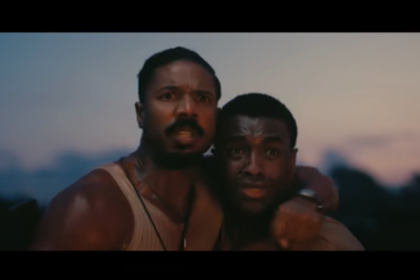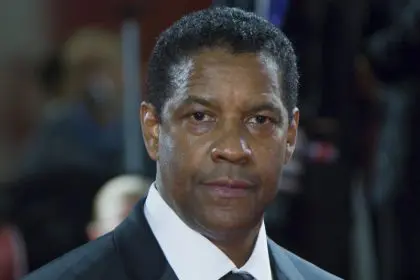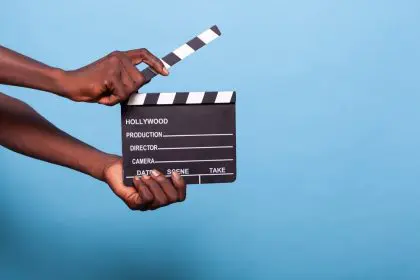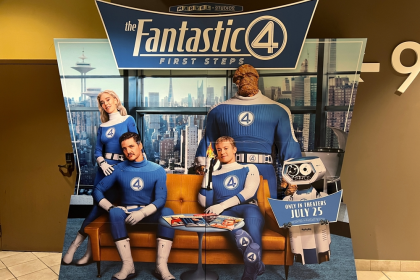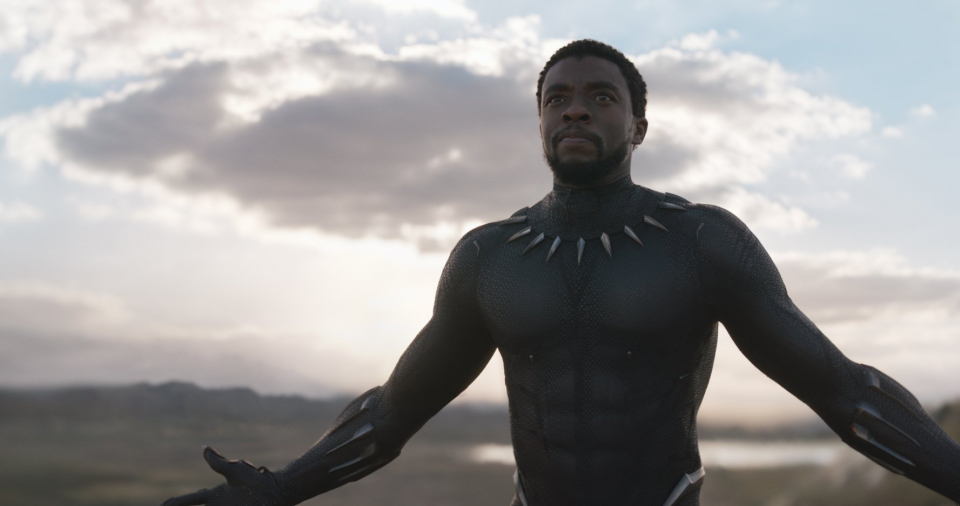
Marvel’s Black Panther is so much more than just another good guy vs. bad guy comic sequel. Instead, the story replicates real life where bad guys are birthed from innocent pain and the boundaries between good and evil are often blurred by motive, circumstance and even lineage. Aside from being a visual delight due to its advanced computer-generated imagery along with a beautifully talented cast representing every shade of brown the eye could conceive, Ryan Coogler and Joe Robert Cole’s adaptation of the story of the Black Panther holds undeniable lessons for today’s Black community. It’s no accident that the storyline touched on some of our culture’s biggest handicaps and offers proverbial affirmations with the power to heal if taken seriously.
I hope this movie invokes the type of conversations that will spill over into Black student unions across college campuses and church groups and other staples of the Black community such as civil rights leadership organizations and activist groups. I hope the many groups that held pre-screenings of the film follow-up with conversations focused on the many gems in this film in relation to our culture. The film is filled with symbolism and metaphors for the many issues plaguing our communities but these are the top four lessons that I believe the writers were trying to convey to today’s Black community.
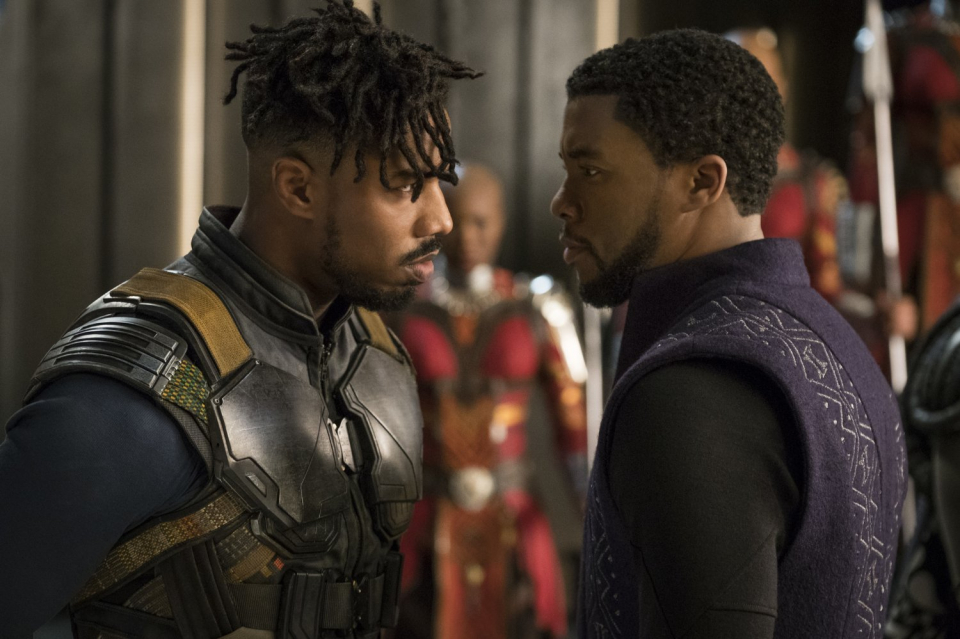
1. Always hold your head up; you’re a king. – After being crowned king, T’Challa goes to visit his father who is deceased and living with the ancestors. His instinct is to give reverence to his father as K=king and his father immediately corrects his son by reminding him never to kneel before anyone and to always remember he is a king. Black men have consistently dealt with external and sometimes internal oppression and humiliation. To keep one’s composure and to remember their royal lineage makes them a king in any situation is key.
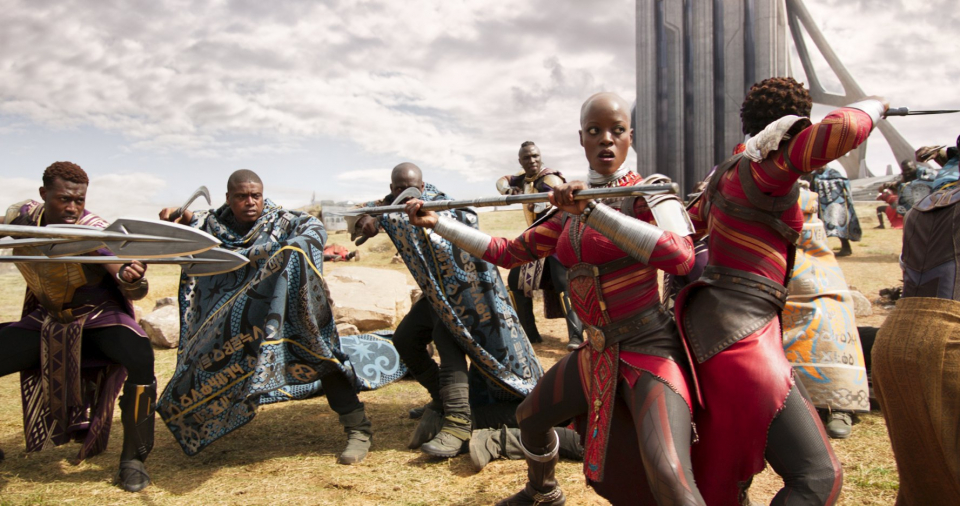
2. Black men and women are so much stronger when fighting side by side as opposed to against one another. – Wakanda’s battle soldiers consisted of both men and women. The king is protected by his own personal bodyguards the Dora Milaje, skilled female warriors who have dedicated their lives to the Black Panther. When King T’Challa fought his first challenge, it was his female soldiers that acted as his first line of defense against M’Baku of the Jabari village. This lesson is clear: in order for ultimate success, Black women and men must respect each other’s strengths and work in harmony. Throughout the film, there is adoration between T’Challa and his ex Nakita. Initially, she insists on accomplishing her goals alone, but eventually realizes her purpose will be complete working together with her love as opposed to chasing her passions as the stereotypical strong independent woman.
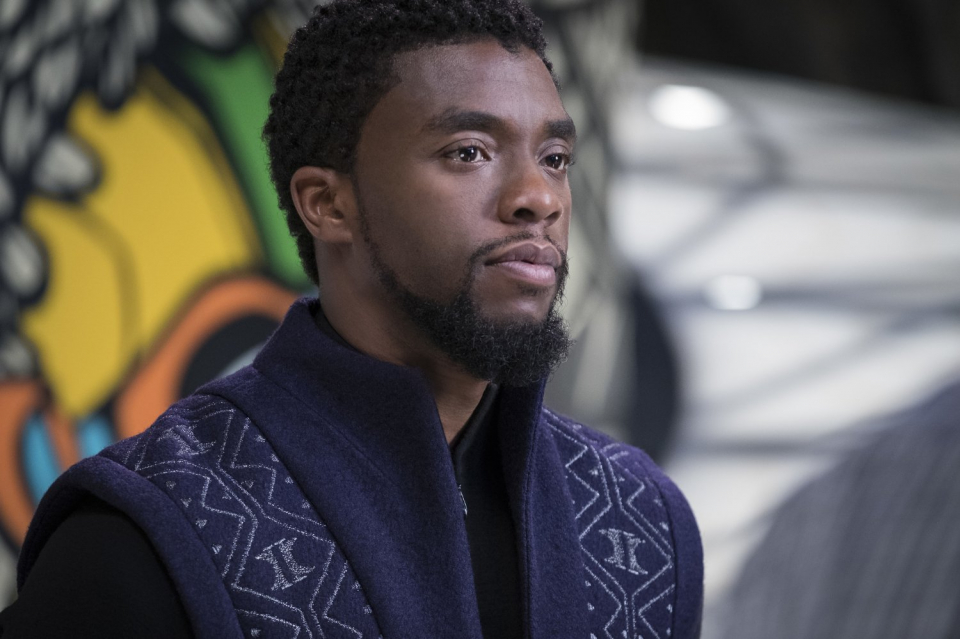
3. It’s not easy for a good man to be king. – This quote is another gem from the former king to his son T’Challa as he prepares to rule the kingdom. Leadership requires fairness, accountability and responsibility, three objectives that often leave a leader vulnerable from those who don’t posses those qualities. When dueling in his first battle, T’Challa chose not to kill M’Baku because he knew the leader was needed by his people. By choosing not to kill his opponent, T’Challa left himself vulnerable for another attack; still, he chose to show mercy. Later, he would make the same decision against an adversary that would not have shown him 1/4 of that mercy. T’Challa’s commitment to be a good man outweighed his need for power, a characteristic that is rare at that level of leadership.
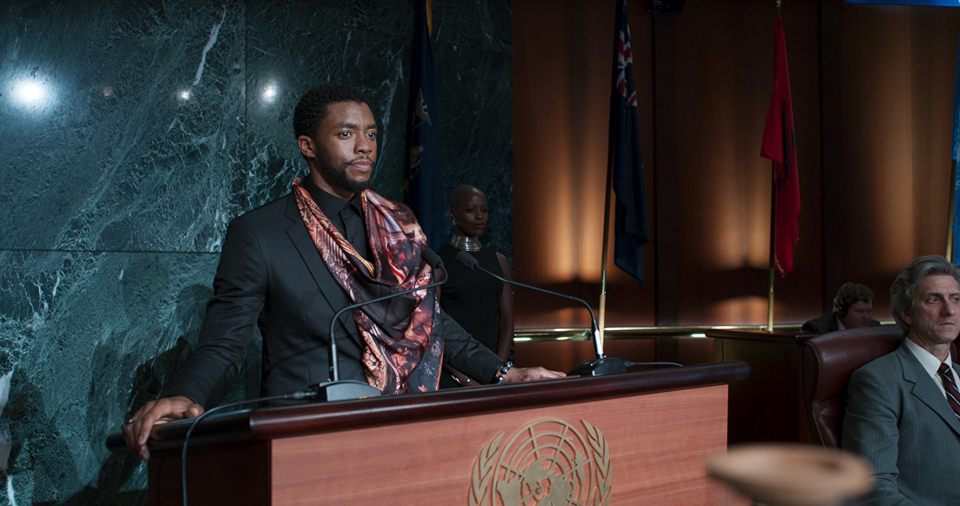
4. Everything needed to heal our community exists within our community. – Perhaps the most beautiful point made in the movie rests within Wakanda having the resources to help those taken from their community across the oceans. Lupita N’yongo’s character “Nakia” feels responsible for helping those who are lost and eventually she convinces T’Challa and the rest of the tribe of the importance of extending their resources to those taken across the ocean living a very different reality. The idea of Wakanda taking responsibility for those lost reminds me of an old African proverb, “Physician heal thyself,” meaning everything needed to heal oneself they already posses.
There are additional points of reference throughout the entire film. Respect, honor, education, and accountability are just some of the themes represented in this film that shares a title with the historic Black activist group notorious for their no-nonsense approach to demanding respect for African Americans. The film incites pride and invokes a sense of connection for African Americans to their homeland of Africa in a way that makes it much more powerful than just another Marvel movie. It leaves you longing for Wakanda, waiting on the next movie or the next movement, whichever comes first.

